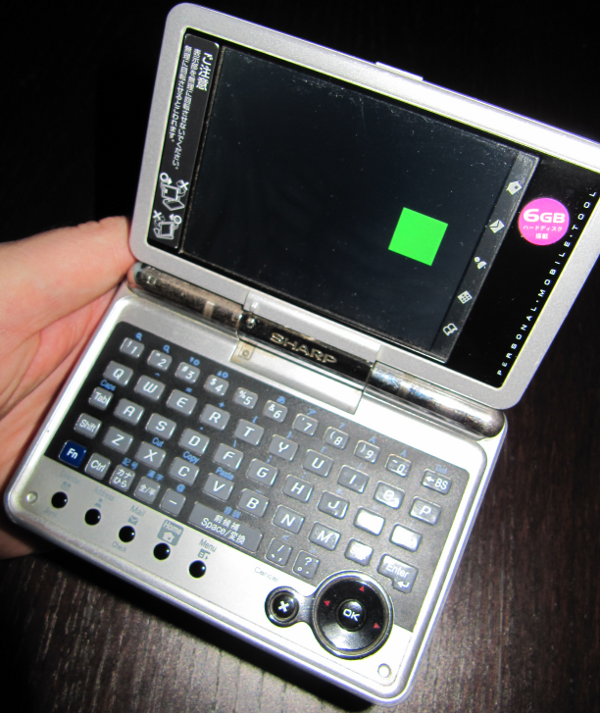
Acknowledgments
PsyToolkit would not be able to run without all the people who have contributed to GNU, Linux, the GCC compiler, the Ruby language, many other open source projects, and some hardware providers. It is practically impossible to list them all. Sometimes, I have added acknowledgements in the source code.Special acknowledgements go to the SDL libraries, used for sound and video; to the Parapin library, for interfacing with the parallel port; to Warren Jasper for the device drivers and C routines for Measurement Computing (a.k.a. Computer Boards) IO hardware; to Inkscape, for making visual stimuli really easy; to R, used for creating feedback information for participants.
I would also like to thank the SDL Collide library developers. This library has helped me to ease working with moving stimuli.
I would like to thank the Cedrus company for supporting me with making PsyToolkit work with Cedrus keyboards, the ioLab company for supporting me with making PsyToolkit work with their advanced IO device. Studying other people's code (such as minicom) helped me to implement code of initializing the device.
I would like to thank NeuroDebian for help with packaging Debian packages.
I would like to thank the many PsyToolkit users from around the world who have given me valuable feedback, as well as to programmers and engineers of companies and other open source projects who have helped me to get peripherals to work properly with PsyToolkit.
Special thanks for contributions to code and concepts:
- Felix Frey (University of Leipzig)
- Mark Wibrow (University College London)
Gijsbert Stoet

Example of a PsyToolkit computer using a external stimulus-response device operated via the Measurement Computing PCIDIO24 card.

Example of a PsyToolkit running on a handheld computer, in this case a Zaurus (thanks to Jakub Spaeti for sharing his PsyToolkit experience). PsyToolkit can run on almost anything that can run Linux.